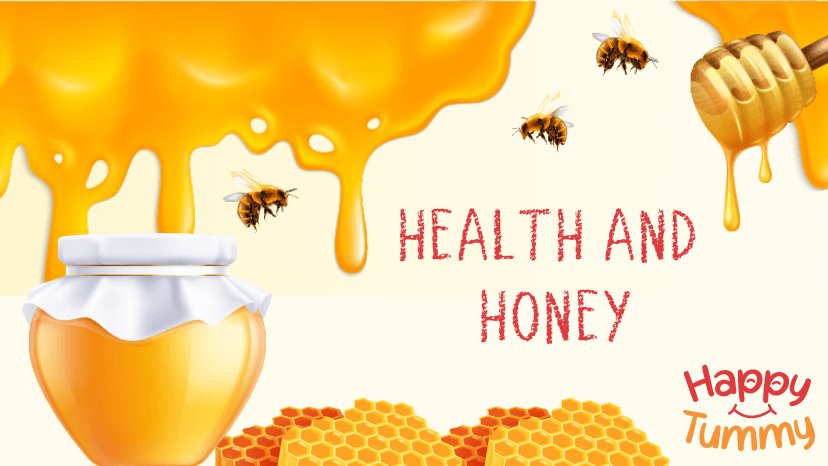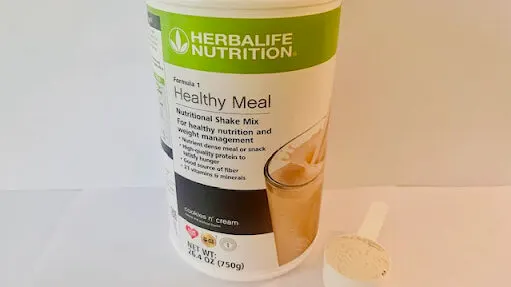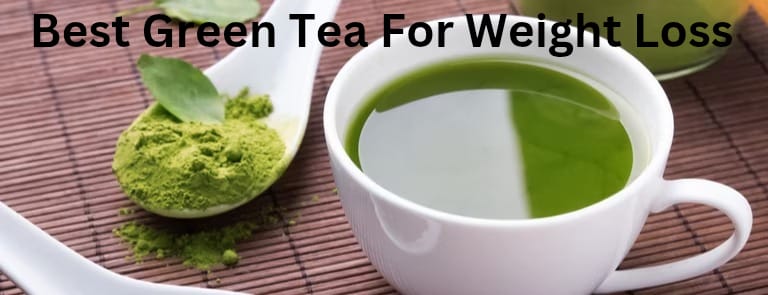Honey is a natural sweetener which is not only popular over centuries because of its medicinal and therapeutic properties. Modern science continues to find out the health benefits of honey that were ascribed by people many centuries ago. This article will address evidence-based advantages, tabs of how to use it, how to stay safe, and clever usage of SEO in order to make sure that the article will be ranked highly and will keep the readers interested.
1. What Makes Honey Special?
Honey is not simply sugar in a liquid state. It is a complex naturally produced compound which bees make through the plant nectar blended together with enzymes and stored in the hives. Honey contains various phytochemicals, trace minerals and bioactive compounds as a result of this, which are what distinguish it over refined sugars.
The latter compounds (flavonoids, phenolic acids, enzymes, organic acids, etc.) are believed to be the foundation of much of its health promoting properties.
2. Nutrition analysis of Honey
As far as we are aware of the content of honey, it will not be difficult to find out why it may help our health.
Main components:
- Sugars: = 80-85% (fructose and glucose)
- Water: ~ 15–17%
- Proteins / enzymes: 0.1- 0.4% (trace amounts of amino acids, enzymes)
- Vitamins and minerals: trace minerals of B vitamins (riboflavin, niacin, B6), calcium, magnesium, potassium, and zinc and copper.
- Phytochemicals / antioxidants: flavonoids, plant secondary, phenolic acids.
Honey is not a neutral source of energy since it contains high levels of sugar but the presence of these other compounds makes it a functional source of energy as opposed to being a source of mere calories.
3. Key Health Benefits of Honey
Honey has some of the most strong and best studies and health benefits that include:
3.1 Rich in Antioxidants
- Honey contains antioxidants of plant origin such as flavonoid and phenolic acids that help neutralize the dangerous free radicals in the body.
- Darker honey has more chances of possessing higher antioxidant potential.
- These antioxidants could help in reduction of oxidativity stress that is associated with aging process, chronic diseases and cell damage.
3.2 Anti-Inflammatory Effects
- Honey is also anti-inflammatory and helps in curing inflammation on the tissues.
- In studies, regular use of natural honey has improved certain cardiovascular risk markers, likely by its effect of anti-inflammatory.
- The inflammation will be decreased to help improve the overall health, and this might minimize the chance of having a chronic disease like metabolic syndrome.
3.3 Immune deficiency and Antimicrobial Activity
- Honey possesses antimicrobial properties against a majority of bacteria, fungi and viruses.
- It is conventionally employed as an anti-infectious agent and immune boosting.
- Some honeys (even floral honey), especially medicinal grade, are used topically as an anti-microbial dressing in wounds.
- The honey growth is also inhibited by this capacity to heal and maintain the health of honey.
3.4 Wound Healing & Skin Repair
- Honey has a long history of application in history as wound management, burns, ulcers and skin regeneration.
- Medical-grade honey dressings are at times used in clinical practice to cover burns and pressure ulcers.
- It is low-water in activity and acidic in nature and does not permit the growth of microorganisms and stimulates the healing of the tissue.
- Honey, specifically, Manuka honey is largely used in dermatology and wound dressing.
3.5 Respiratory & Cough Relief
- The honey is often used as a natural remedy to relieve sore throats and other cough signs.
- Some health organizations and researchers endorse Honey as a cough suppressant particularly in children beyond the age of one year.
- The influence of viscous coating, antimicrobial and anti-inflammatory ingredients in minimizing irritation of the throat.
3.6 Digestive Health and Prebiotic Effects
- Recent research shows that honey can be used as prebiotic, and this results in the proliferation of beneficial intestinal microbes like Lactobacillus and biFidobacteria.
- Meanwhile, it is able to reduce the pathogenic species (e.g. E. coli, Clostridioides difficile).
- Honey has been identified to be useful in gastrointestinal tract complications such as diarrhea, gastritis, ulcers and others.
- Its acidic pH is light and the antimicrobial effect may be applied to the healthy digestive system and to maintain the microbial balance.
3.7 Cardiovascular Benefits
- Honey has also been linked with improved heart health by reduction of blood pressure, management of cholesterol, and also increase in lipid profiles.
- An initial trial study has found that 30 days of consumption of natural honey positively impacted the cardiovascular risk factors.
- According to the University of Toronto study, Honey would reduce cardiometabolism risks including cholesterol and glucose.
- An example is the prevention of the oxidative damage of blood vessels by the anti-inflammatory and antioxidant activity of Honey.
3.8 Vitamin Strength: Energy Drink and Performance Enhancer
- Honey is a quick source of carbohydrates in energy provision because of the sugar contained in it.
- Honey is a natural energy drink, which is occasionally used by athletes who have to endure and in cases of long distance running.
- Moreover, the secondary honey compounds might also lead to the reduction of fatigue and the improvement of recovery.
3.9 Cognitive Support and Neuroprotective
- Honey has been estimated to protect the brain, stimulate memory, mood and cognitive performance.
- Honey may contain elements with anti-inflammatory and antioxidant properties to the brain, which can be applied in brain deterioration prevention.
4. Honey: How to Use Honey Safely and Effectively
To achieve the benefits of health, consider the following tips of usage:
- Drink raw or minimally processed honey (to retain enzymes and good compounds)
- You are not to eat massive amounts of honey, but you must add 1-2 teaspoons of that to your daily meals (e.g. in tea, yogurt, smoothies).
- Cough or throat- To get rid of cough or sore throat take a small spoonful either alone or in a warm drink before bed (but not in children under 1 year old).
- Dressing Wound dressing Solar-grade honey (professional advice)
- Replace refined sugar with honey (keep in mind that it is also high-calorie as well).
- Heat Honey: Make sure that the honey is heated carefully: too high temperatures may ruin helpful substances.
- You can add such synergistic ingredients as lemon, ginger when it is necessary to taste and to look good (e.g. honey).
5. Type and Quality Honey chosen
All the honey is not the same – all of them have various benefits. Here’s how to choose wisely:
Raw Honey / Unfiltered Honey
- Raw form of honey
- Saves natural enzymes, pollen, vitamins and antioxidants.
- Has the best medicinal and nutritional value.
Manuka Honey
- Grown in New Zealand in the Manuka bush.
- Well-known because of good antibacterial and healing effects.
- Healthy in wound care, sore throats and skin health.
- Visit UMF (Unique Manuka Factor) rating to ensure that it is genuine.
Monofloral / Single-Floral Honey.
- An item made of one type of flower e.g. eucalyptus, acacia or wild flower.
- The varieties are differentiated by the taste, color and bioactive compounds.
- Good enough to people who desire to taste something or desire to cure some disease.
Certified Honey is of medical grade
- There is a specific sterilized version that is also recommended to be applied in wound dressings and burns.
- Administering controlled antibacterial and healing.
- Used with a recommendation of a qualified doctor.
Dark Honey Varieties
- Even buckwheat, forest or wild honey.
- Has more concentration of antioxidants and minerals compared to light honeys.
- Beneficial to improve immunity and health.
Shopping Tips:
- Look for honey that has been marked – state of origin, type of flowers and purity.
- Prefer the brands with limited additions in terms of heating and no additional sugars and syrups.
- Organic, pure or UMF-rated are some of the certifications worth considering and buying.
- It should be kept in a cool place and in a dry place to retain the natural enzymes and nutrients of honey.
6. Potential Hazards and pre-cautions
Despite the fact that Honey is a natural food and it possesses a lot of benefits, there are not many caveats that should be taken into consideration:
- The risk of infant botulism: Infants should never be fed using honey below the age of 1 year due to the presence of bacteria spores.
- Sugar in large quantities: Honey is sugar as well, and can increase the level of blood sugar. Eating in moderation, especially in diabetics.
- Allergic reactions: Some individuals may develop allergy to pollen or any other honey ingredients.
- Mad honey: toxicity: Honey prepared of certain Rhododendron species is uncommon but can include grayanotoxins, which cause one to feel dizzy, and get low blood pressure and nausea.
- Quality / adulteration: Some of the commercially sold honeys are diluted or combined with syrups, the advantages of this are reduced.
Honey is like any other functional food, it should be taken as an addition to a healthy way of living and a balanced diet, and is not to be taken instead.
Conclusion
Honey is much more than a sweetener. With traditional and recent scientific evidence at its back, it possesses an entire array of health benefits including antioxidant and anti-inflammatory effect, wound healing and skin repair, immune and digestive benefits, cardiovascular and cognitive benefits. Still, it is sugar and must be used in reasonable amounts.
To maximize value:
- Choose monofloral high-quality and raw honey.
- Use sparingly (1 -2 teaspoons/day)
- Should not be applied on infants under the age of 1 year.
- To treat wounds, you must have medical grade honey.





